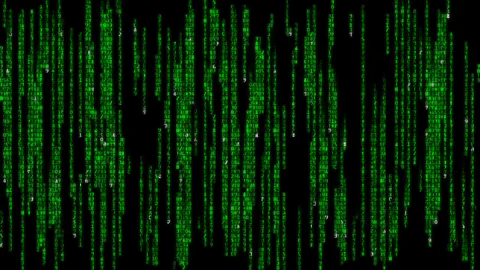When journalism historians write about the Hamas terror raid on Israel, and the Gaza war that followed, they will need to parse the early headlines about the explosion in the parking lot next to the Ahli Arab Hospital.
I am assuming that something called “journalism” will survive the rise of AI and the fall of an advertising-based, broad audience model of the press. I am an old guy with old dreams. Thus, we dug into this subject during this week’s “Crossroads” podcast (CLICK HERE to tune that in).
What did the mainstream press report? Click here for a “conservative” collection of tweets, headlines and URLs to basic reports from the likes of BBC, CNN, Reuters, the Associated Press, etc. At this point in time, it’s “conservative” to care about old-liberal standards of journalism ethics.
What matters the most, of course is the New York Times headline that guided the digital rockets, so to speak, fired by elite journalists around the world.
Let’s work through that headline: “Israeli Strike Kills Hundreds in Hospital, Palestinians Say.”
My first question, of many (and I tweeted this one out): “In this tech age, could some satellite imagery tell us the origin of the rocket?”
Whoever wrote that Times headline, or the editor supervising that process, had to know that someone — Elon Musk even — was going to share images and data from space or nearby radar, drones, smartphones, etc., that showed where the rocket was launched and in which direction it was headed.
That information would, of course, come from the United States (one way or the other) or Israel. Thus, the basic question an editor had to ask: Do we produce a banner headline based on information from Hamas, alone? The editor or editors answered, “YES.” The rest is history.
Next question: What part of that headline is accurate, in terms of the evidence now? Israeli attack? No. Was the hospital hit? No. It was a parking lot full of refugees. Did “hundreds” — 500 in one reference — die? It appears the number was much lower than that. Did anyone “strike” or target the hospital? No. It appears that an Islamist rocket malfunctioned, on its way to Israel, and fell in Gaza.
We are left with, “Palestinians say.” Sorry about that.










